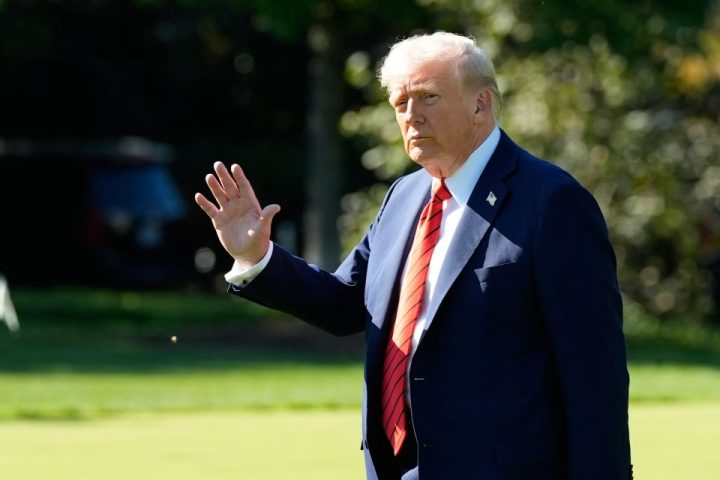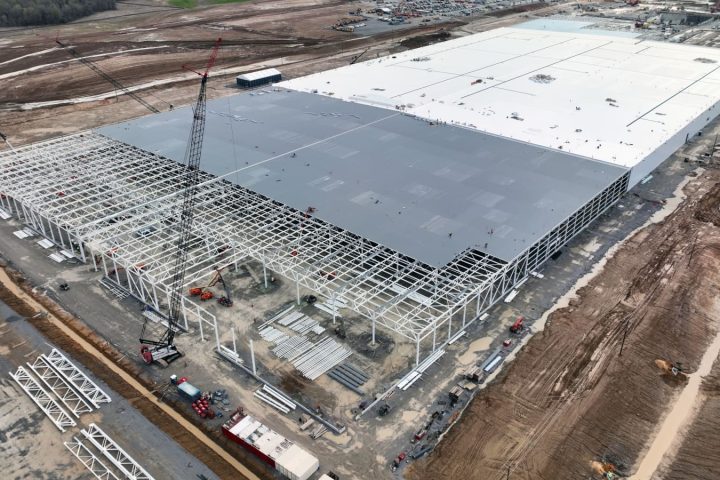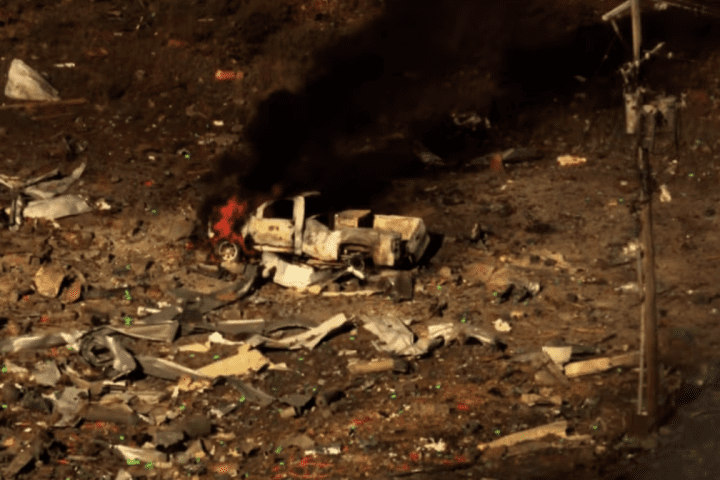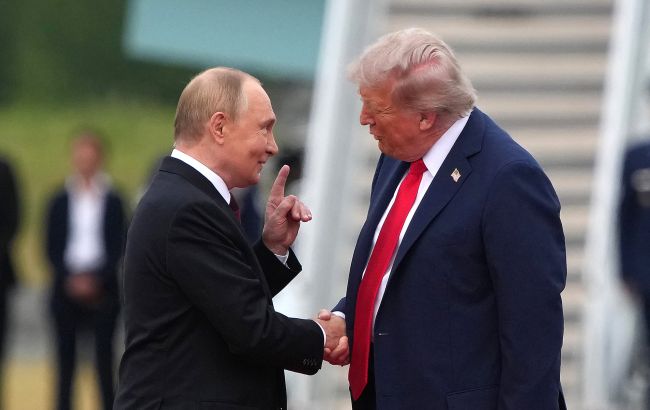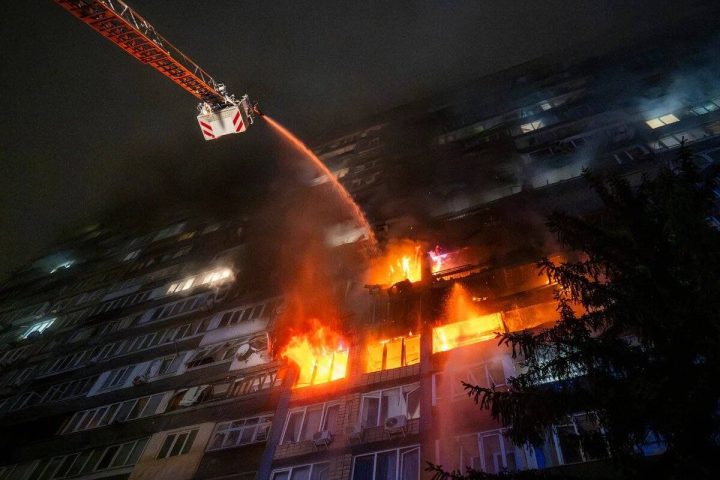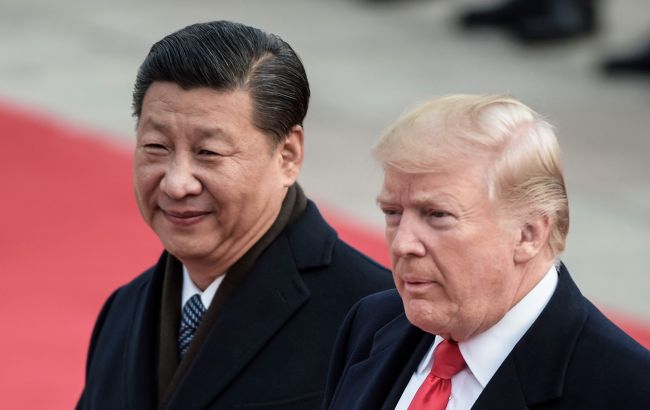The Russian-Arab conference, scheduled for October 15 in Moscow, was postponed after most of the invited Arab heads of state did not confirm their participation. According to sources close to the forum’s preparations, the Kremlin hoped to hold the meeting as a demonstration of Russia’s political support and influence in the Arab world, especially in the face of growing pressure from the West.
Putin postponed the Russian-Arab summit after Middle East leaders refused to come to Moscow
Presidential aide Yuri Ushakov said the event could be rescheduled to a later date, depending on developments around the Middle East peace settlement proposed by Donald Trump and the position of their Arab partners.
According to the source, the postponement was a necessary decision: too few leaders expressed their willingness to attend. Putin, speaking in Dushanbe, stated that he had proposed postponing the summit in order “not to interfere in a process that had already begun.”
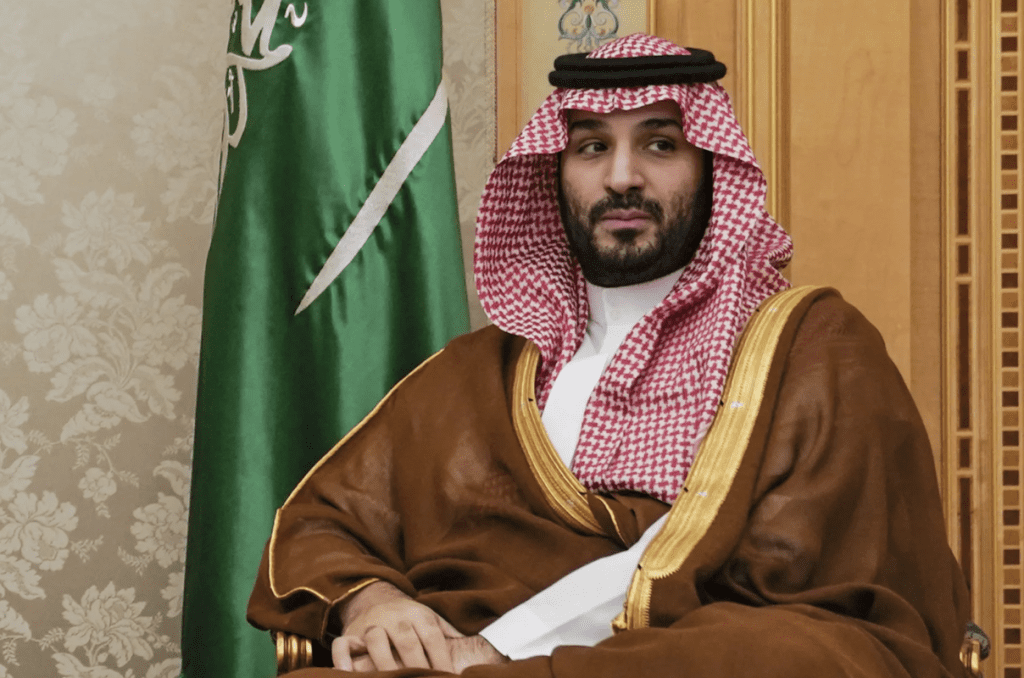
Lack of Interest and the Political Context
The conference was supposed to be the first Russian-Arab summit and one of the Kremlin’s key diplomatic initiatives this year. Its slogan was “Cooperation for Peace, Stability, and Security.” Invitations were extended to 22 Arab leaders, but as of the beginning of the week, only a few had confirmed their participation, including Syrian President Ahmed al-Sharaa and the Secretary-General of the Arab League.
The lack of confirmation from influential figures such as Saudi Arabian Crown Prince Mohammed bin Salman, Egyptian President Abdel Fattah el-Sisi, and UAE President Mohammed bin Zayed Al Nahyan effectively thwarted Moscow’s plans. The Kremlin hoped to demonstrate that Russia had not lost the support of the “Global South,” despite the war in Ukraine.
Analysts note that the postponement of the conference demonstrates that many countries in the region are currently focused on contacts with Washington and personally with Trump, who is leading negotiations for a peace agreement between Israel and Hamas.
Russia’s Weakening Position
Experts point out that Moscow’s influence in the Middle East is gradually declining. The country’s military and economic resources are consumed by the war in Ukraine, and the fall of Bashar al-Assad’s regime in Syria has weakened Russia’s presence in the region.
“Putin wanted to show that Russia is part of the ‘global majority,’ but without the Arab world, this looks unconvincing,” says Moscow political scientist Andrei Kolesnikov. “He is seeking to restore the role the USSR played, but lacks the resources to do so.”
According to the Kremlin, the meeting could take place in November if the political situation permits. However, diplomatic circles acknowledge that holding a large-scale summit without the interest of Arab leaders will be extremely difficult.
Trump thanks Putin for his praise amid Russia’s missile strike on Ukraine
Speaking to journalists, Vladimir Putin said it was “not up to him” to decide who deserves the Nobel Prize. He added that, in the past, the award had been given to individuals who “contributed nothing to peace,” which, according to him, damaged the prize’s credibility.



